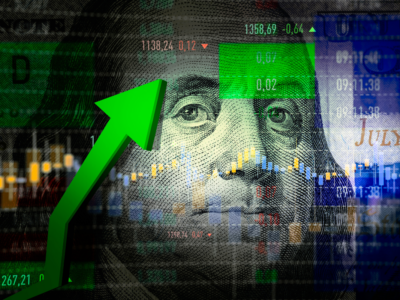Saudi Arabia, the world’s largest oil exporter, could become an oil importer by 2030 amid rising domestic demand for electricity, Citigroup said.
Oil and its derivatives are used for around half of the kingdom’s electricity production, which at peak rates is growing at about 8 percent annually, the bank said in a note.
“At its current oil consumption rate we calculate that Saudi Arabia would be an importer of oil by 2030,” analyst Heidy Rehman wrote.
“Indeed we would expect consumption to continue to outstrip population growth as Saudi Arabia’s currently young population ages and consumer spending increases supported by rising GDP per capita,” she added.
The kingdom, which has the world’s second largest oil reserves, uses a quarter of its fuel production domestically, which is higher than most industrialised nations including the US “despite it’s relatively smaller population”, noted the report.
The country already consumes all of its gas production, which is unlikely to change, it added. Unlike the UAE and Kuwait, Saudi Arabia does not import any gas.
Over half of the country’s energy demand is consumed in residential use while 70 percent of power demand is for air conditioning during the summer months, said Citigroup.
Heavily subsidised costs are driving up ‘lost revenues’. “We estimate that Saudi Arabia’s oil and gas subsidies translate to over US$80 of ‘lost’ revenues. This could rise to US$400bn by 2035,” said the report.
“At the domestic level, we believe the only real way to rationalise energy consumption would be to reduce subsidy levels,” it added.
Saudi Arabia, which depends on oil for 86 percent of its annual revenue, plans to develop nuclear and renewable energy in a bid to reduce its energy demands. The Gulf state plans to spend more than US$100bn on 16 nuclear reactors planned to be built up 2030, Prince Turki Al Faisal, said last year.
“Adding solar capacity is easier, in our view, given the successful execution of projects globally,” noted the report.
“Nuclear projects however represent risk given the lack of available nuclear power experts following 25 years of global investment”, plant safety risks and the rising costs in constructing power plants, it added.





